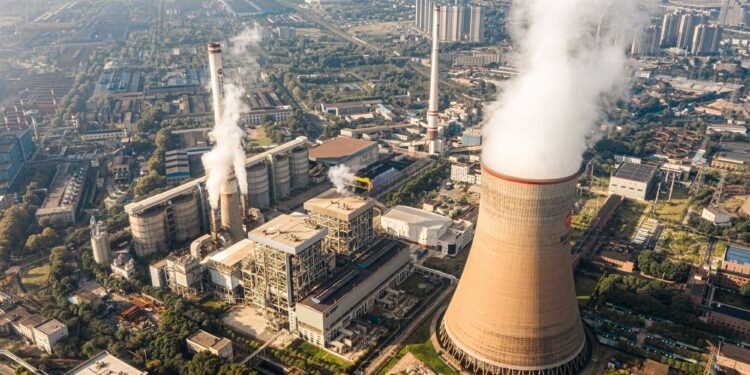China and Saudi Arabia have agreed to boost cooperation in nuclear safety, signing a Memorandum of Understanding on nuclear energy development, safety, and security during the first China-GCC Forum on the Peaceful Use of Nuclear Technology in Chengdu, according to the China Atomic Energy Authority (CAEA).
The agreement aims to enhance collaboration in nuclear safety, security, non-proliferation, and emergency response. This will be achieved through joint working groups, personnel exchanges, training, and technical consultations. The forum brought together officials and experts from China, Saudi Arabia, Bahrain, Kuwait, Qatar, the United Arab Emirates, and other Gulf Cooperation Council (GCC) countries.
Chinese President Xi Jinping previously highlighted the importance of expanding energy cooperation with GCC nations, including peaceful nuclear technology and safety, as stated by China’s Ministry of Foreign Affairs. Plans include establishing a China-GCC forum on nuclear technology and a demonstration center for nuclear security, with China offering training opportunities to GCC states.
GCC Secretary General His Excellency Jasem Mohamed Albudaiwi emphasized the significance of this collaboration for regional energy security and sustainable development. He noted that China is the GCC’s top trading partner and that nuclear cooperation is central to their partnership.
China has already exported radiation detection equipment to Saudi Arabia, the UAE, and Qatar, supporting major events like the FIFA World Cup Qatar 2022. Chinese companies and universities have also formed partnerships with Kuwait, Oman, and Bahrain in nuclear medicine and research, according to the CAEA.
Chief Executive Officer of the Saudi Nuclear and Radiological Regulatory Commission, His Excellency Khalid Aleissa, praised China’s achievements in nuclear energy and welcomed further cooperation. He highlighted the rapid growth of the nuclear sector in the region and the benefits of strong international partnerships.
CAEA Director Shan Zhongde reaffirmed China’s commitment to multilateralism and international nuclear cooperation. He stressed the need to share expertise and resources to achieve mutual prosperity and peace. CAEA Secretary-General Huang Ping pointed out ongoing challenges such as talent shortages and regulatory gaps and underscored the importance of international collaboration to address these issues.
This strengthened partnership is expected to help Gulf states advance their nuclear programs, improve safety standards, and contribute to sustainable growth in the region.









